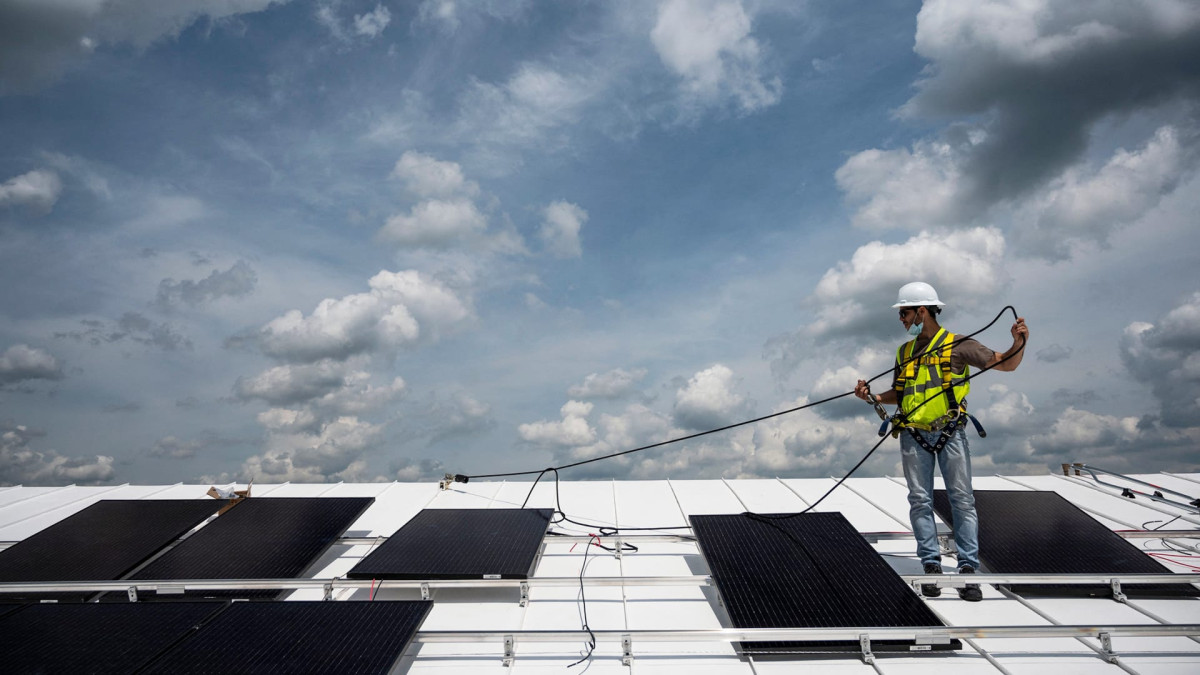#Part4CM The development of renewable energy sources is one of the world's priorities to reduce the negative impact on the environment

Over the past decade, energy consumption from renewable energy sources has tripled. As of 2010, the world consumed 9.6 exajoules of renewable energy. In 2020, this figure tripled to 31.7 exajoules. The category includes wind energy, solar energy, biofuels, geothermal energy, and energy from biomass.
Despite the rapid growth rate of energy from renewable sources, it is important to remember that the total global energy consumption is growing. While global renewable energy consumption increased by 21 exajoules, total energy consumption increased by 51 exajoules over the decade. Fossil fuels accounted for the majority of this growth, with every fossil fuel category showing an increase in consumption over the decade (although coal's growth was close to zero).
In 2020, renewables were the only category that bucked the global trend of declining energy consumption. Despite a 4.5% decline in global primary energy consumption - the largest since World War II - global renewable energy consumption grew by 9.7% in 2020. This is a slight change from 12.2% a year earlier, but it is optimistic given the impact of the pandemic on overall energy demand.
The RRO-UA Partnership for Climate Change Mitigation project is funded by the European Union through the European Neighborhood Instrument and co-financed by the countries participating in the ENI CBC Romania-Ukraine 2014-2020 Program.